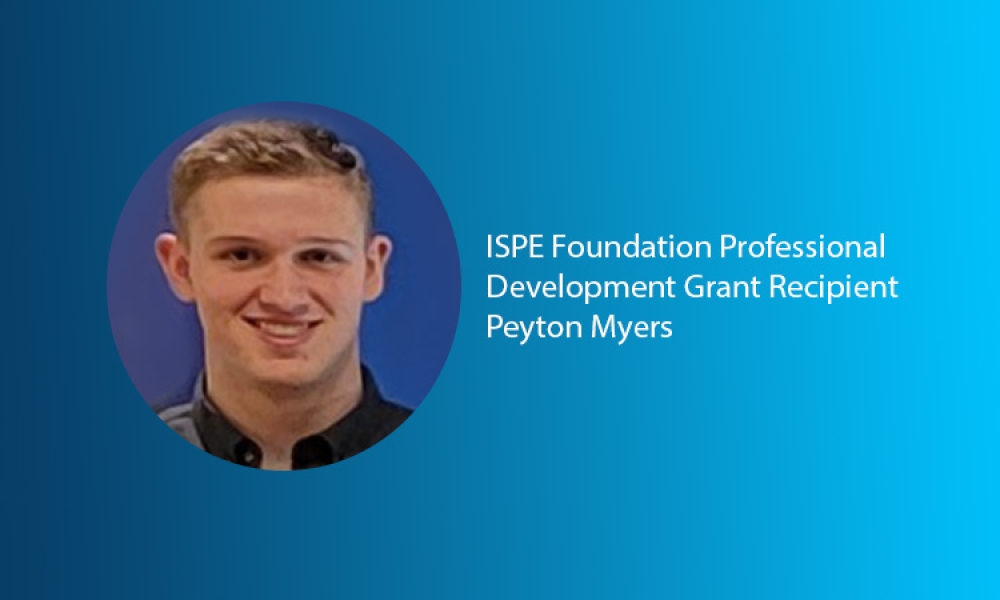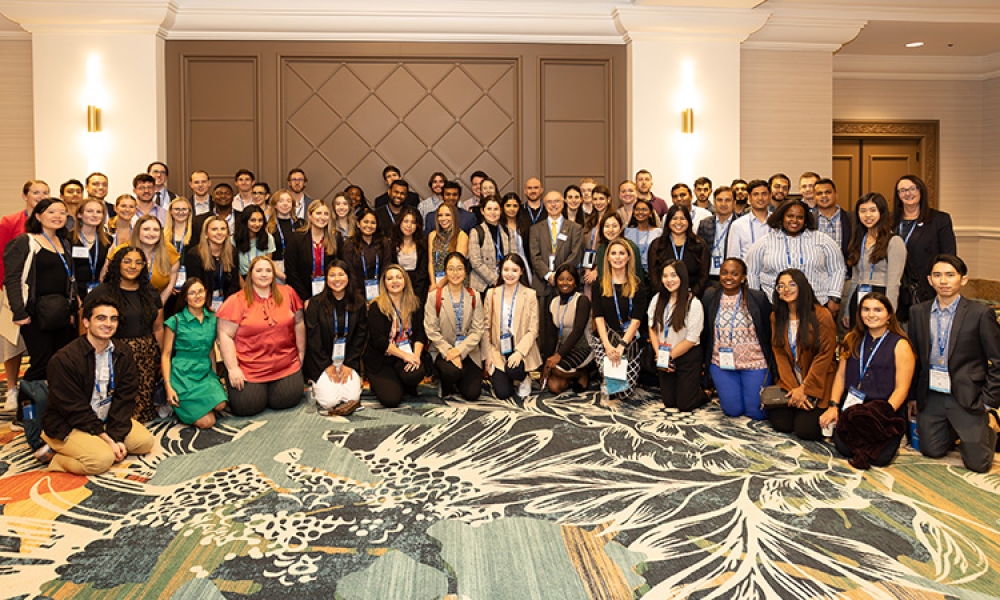It’s a concept we often hear about, and much like happiness, it’s sort of a mirage -- we are conditioned to believe it is something we will feel once the stars align, or our laundry lists of goals manifest -when really, gratitude is all about the present. By being grateful for all that you have at this moment in time, you can drastically improve your future, your entire state of mind and physical being. All you must be is grateful.
Turns out, science backs this theory. Research suggests that a daily gratitude practice taps into neuroplasticity, “the brain’s ability to modify, change and adapt both structure and function throughout life and in response to experiences”.
) This means we can condition our brains, through gratitude, to attach a more positive emotion to memories and current events and, in doing so, can live a happier life.
I recently watched a 2012 TedX talk with Jane Ransom -- an American Science Writer who published Self-Intelligence in 2018. In her 20-minute session, she discussed the importance of gratitude and presented it as a form emotional intelligence, a way of freeing ourselves from limiting beliefs and old traumas. She cited brain plasticity as the main link in practicing gratitude and its direct impact on our happiness, which got me thinking…
This all comes back to self-talk.
Self-talk is directly correlated to how we view the world, how we feel, how we present ourselves and how free we feel. By speaking positive thoughts in a conscious state, we communicate positivity to our subconscious, which does not think for itself, but rather, takes directives from the conscious lobe. If we attach gratitude to real-time experiences, even in moments of adversity, we internalize the experience with positivity, which will have tremendous benefits for our mind, body and spirit in the long term.
In short, Jane Ransom was right, “gratitude is gold,” and here are some benefits to prove it:
Health Benefits of Gratitude:
- Promoting better sleep
- Lowering blood pressure
- Improving one’s sense of mindfulness
- Increasing energy
- Improving one’s mood and feelings of happiness
- Decreasing stress
I invite you to join us on Tuesday, 8 March 2022, to celebrate International Women’s Day, and continue this conversation. We’ll be gathering virtually on ISPE Engage to connect with the Women in Pharma Community of Practice to discuss how we each strive to #BreakTheBias, and how self-talk and gratitude have helped shape our professional experience as it applies to diversity and inclusion.




